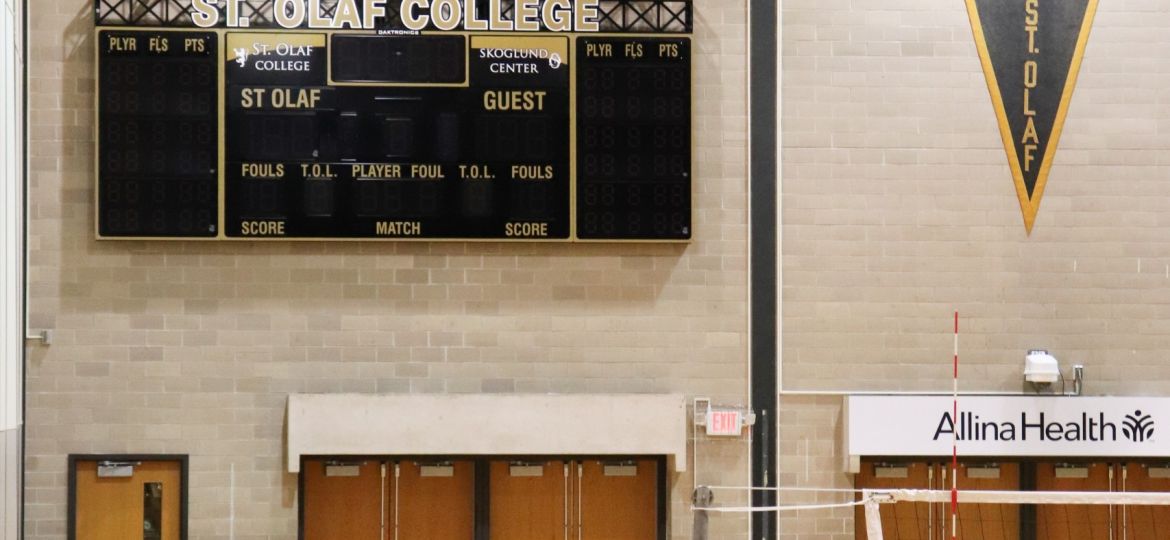
Uncertainty has always been at the core of sports fandom. While us fans spend much of our time making predictions about what will happen to our favorite teams in our favorite leagues, the excitement of competition is centered around the incalculable nature of performance. We grow accustomed to rooting for the underdogs, the 16 seeds, the walk-ons. We root for the unpredictable.
But this fall, uncertainty surrounds the world of sports in a way it never has before. We no longer hold onto predictions about final standings, but rather if seasons will even be played. For fall athletes, this upcoming season was one of doubt and uncertainty since the summer began.
On Thursday, July 16, the Minnesota Intercollegiate Athletic Conference (MIAC) announced that all non-conference contests would be cancelled for the upcoming fall season. This announcement came at no surprise to student-athletes and coaches, as safety concerns surrounding travel during the COVID-19 pandemic made competing in out of league games an unwise decision.
But as many of the MIAC schools, including St. Olaf, prepared to weather the storm of safety protocols to compete against each other this fall, many lacked optimism about the viability of play. On Friday, July 10, Carleton announced their decision to cancel all fall sports indefinitely. The announcement was reminiscent of last March, when Carleton became the first MIAC school to cancel spring 2020 competition as others held on to the possibility of continuing their conference schedules.
Then, on July 28, the MIAC officially announced the postponement of several fall sports, including football, soccer, volleyball and cross country. These teams look to play out their seasons in the spring, but official plans and schedules remain up in the air due to the uncertain nature of the pandemic.
“Our number one priority is the health and safety of students and staff,” said Paul Pribbenow, Chair of the MIAC Presidents’ Council. “The decision to postpone competition for many of our fall sports was very difficult, as we know how much our student-athletes want to compete and how important athletics are to each of our campuses, but we need to put ourselves in a position to return to play as safely as possible.”
The loss of fall collegiate athletics, while far from the greatest tragedy brought by the pandemic, is a disappointment to many. I’ve always enjoyed the fall semester for its packed volleyball games, early Saturday morning walks to the football field, and casual afternoon soccer games watched from the grass of Rolf Mellby. I will miss those moments greatly, and will certainly appreciate the next time I can eat a concession stand hot dog with my friends at an Ole football game.
tan2@stolaf.edu











